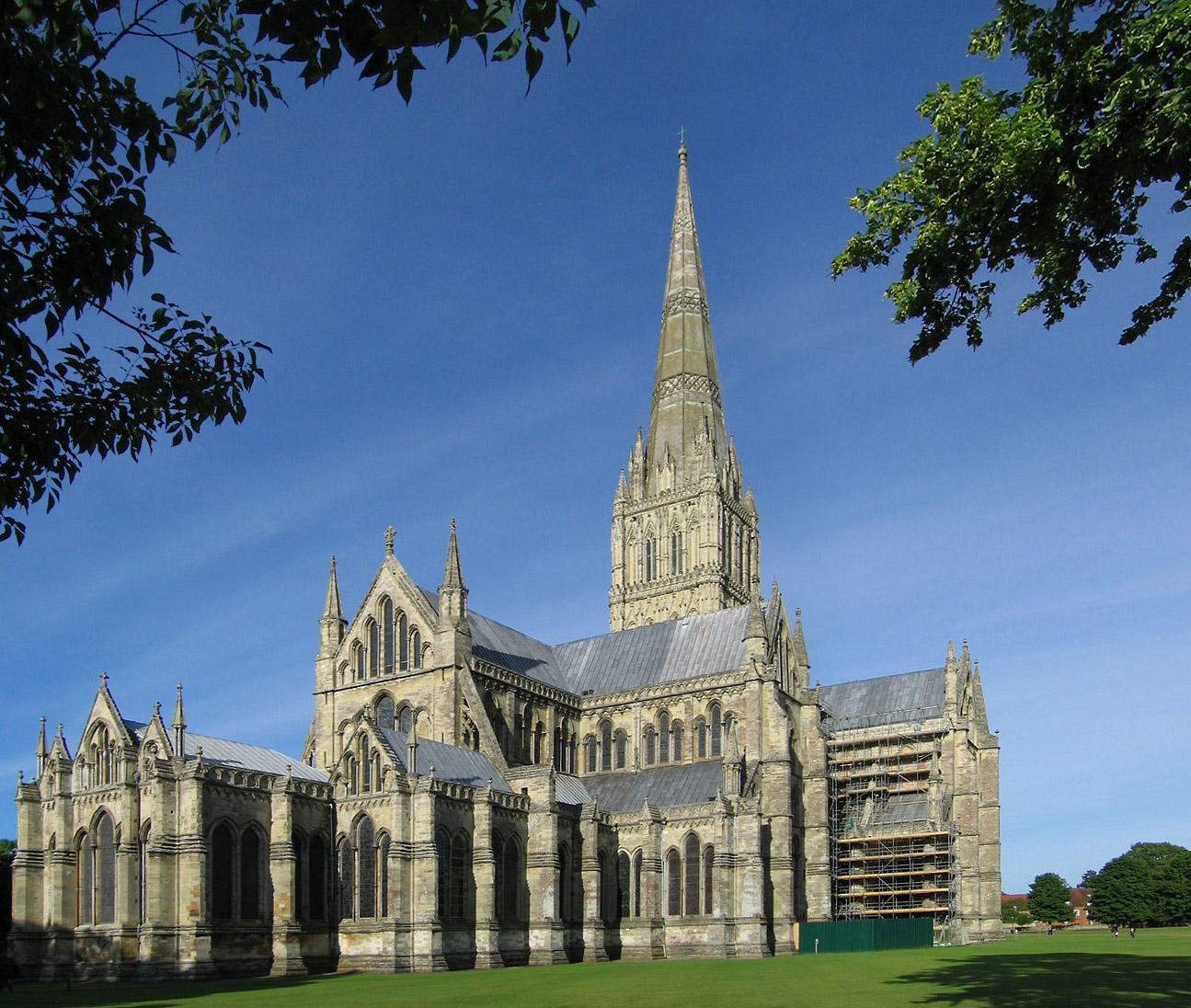Christ ALone"
• The 7th Earl of Shaftsbury was inspired by his faith to do many things.
He became a Tory MP (Member of Parliament) in 1826, and almost immediately became a leader of the movement for factory reform. He was responsible for promoting a plethora of reform causes, including the Factory Acts of 1847 and 1853, the Ten Hour Bill, as well as the Mines and Collieries Act 1842 and the Lunacy Act 1845. One of his chief interests was the welfare of children, and he was chairman of the Ragged Schools Union and a keen supporter of Florence Nightingale. He was also involved as patron and president in the field of model dwellings companies, which sought to improve the housing of working classes in England.
http://en.wikipedia.org/wiki/Anthony_Ashley-Cooper,_7th_Earl_of_Shaftesbury
mP:
Another example of the individual. How do you explain the opposition of the church to the abolishment of slavery then ? Of course its simple to see these reforms were beause he wanted to do good, while the main church was involved in business overall. Simple facts.
http://en.wikipedia.org/wiki/Christian_views_on_slavery
. In 1844, the Methodist Episcopal Church split into northern and southern wings over the issue of slavery. In 1845, the Baptists in the South formed the Southern Baptist Convention due to disputes with Northern Baptists over slavery and missions. [113]
...
Some members of fringe Christian groups like the Christian Identity movement, and the Ku Klux Klan (an organization dedicated to the "empowerment of the white race"), and Christian Reconstructionists still argue that slavery is justified by Christian doctrine today.
...
The somple fact is abolishment hapened because England used the Royal Navy to stop the slave traders and was amongst the first to free slaves on a grand scale which eventually resulted in everyone else copyng.
The Catholic church did nothing to stop slavery.
